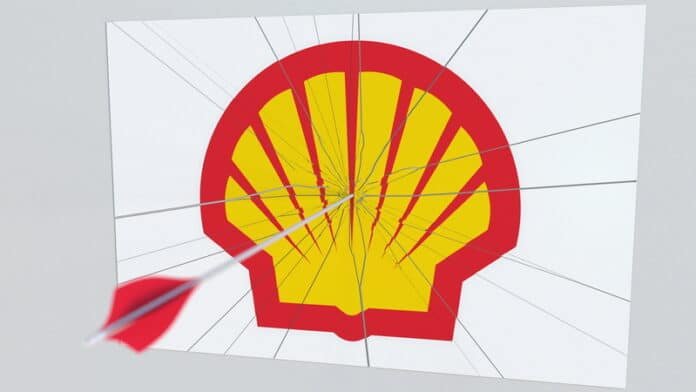In the case of two Nigerian towns whose environments have been severely damaged by oil contamination, purportedly caused by Shell plc’s Nigerian subsidiary SPDC, the UK Court of Appeal has allowed a historic appeal.
A March 2024 High Court decision that would have made it nearly impossible for anyone to file environmental claims in the UK was overturned by the appeal ruling, issued on 11 October 2024.
Over 13,000 residents of the Bille and Ogale villages claim that Shell Nigeria’s infrastructure has caused about 100 oil leaks in each community, destroying their drinking water, land, and rivers and making it impossible for them to fish and grow vegetables.
The Court of Appeal reversed the previous ruling that classified the claims as Global Claims. This classification implied that the Bille and Ogale villages would have had to prove that Shell was solely responsible for the contamination impacting their ecosystem. If Shell could not be held liable for any other sources of pollution, then the claims would be dismissed.
The Global Claims standard significantly hinders individuals from pursuing environmental claims following multiple pollution events. The High Court ruling in March 2024 mandated that each of the 13,000 plaintiffs must establish which particular oil spill or leak was responsible for the specific environmental harm, even at the outset of the lawsuit.
The attorneys for the towns were successful in their argument that, at the beginning of the proceedings, when they had not yet had access to crucial Shell papers, this placed an unreasonably heavy burden on the claimants. At this early point of the claim, the claimants are unable to pinpoint exactly which spill caused which damage; all they know is that their drinking water and rivers have been contaminated over time.
This ruling is crucial for future environmental lawsuits. With the removal of the Global Claim standard, plaintiffs will no longer have to prove the impossible when bringing complicated environmental claims resulting from multiple pollution incidents.




